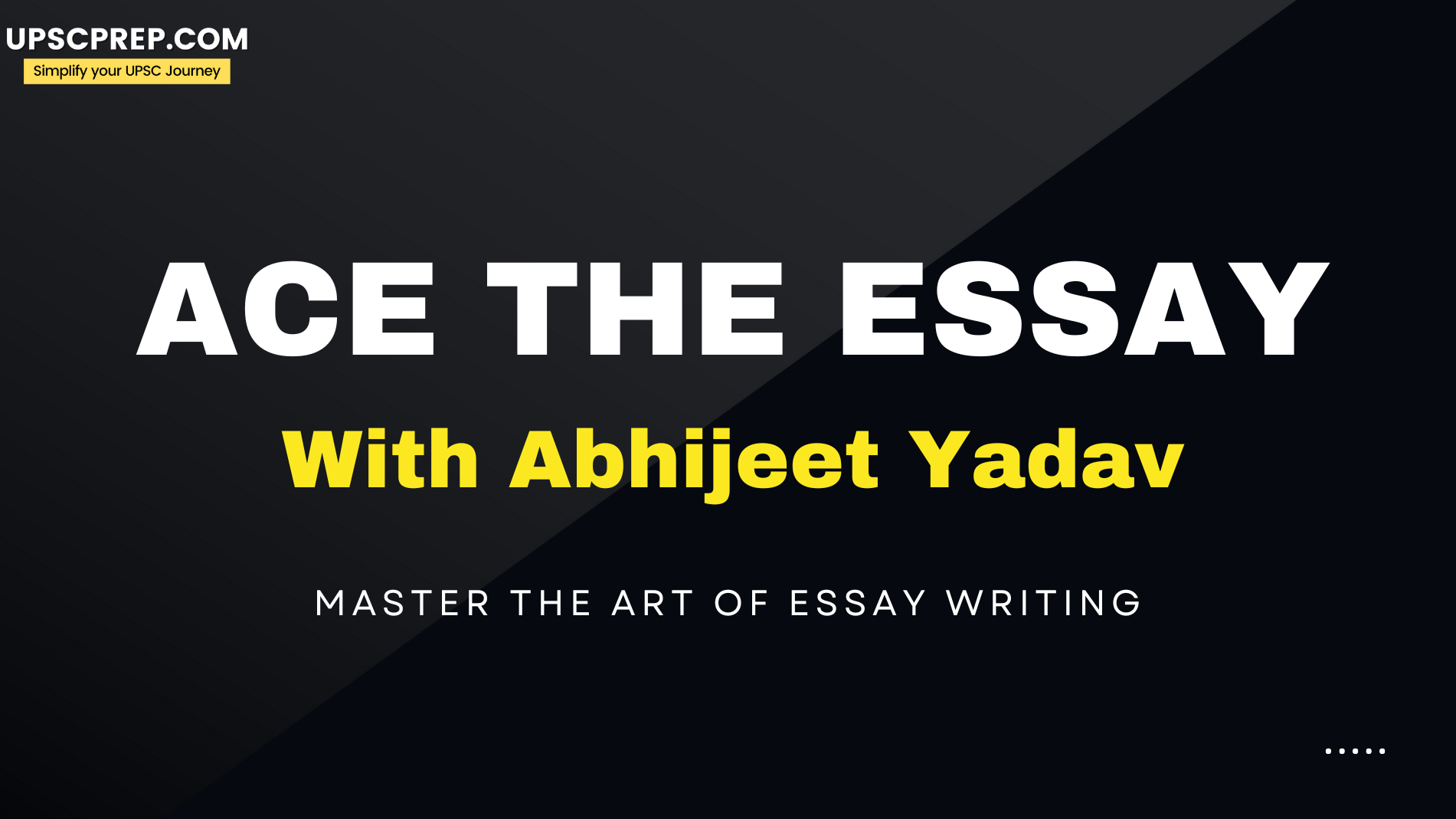Subject: GS 4
Syllabus: Contributions of Moral Thinkers and Philosophers
Questions
- What do you understand about the capability approach of Amartya Sen? How does it differ from John Rawls' theory of social justice? Examine.
(150 Words, 10 Marks) - "To find yourself, think for yourself." - Socrates. Comment.
(150 Words, 10 Marks)
Model Structure
- What do you understand about the capability approach of Amartya Sen? How does it differ from John Rawls' theory of social justice? Examine. (150 Words, 10 Marks)
Model Structure
Introduction
- The Capability Approach was first articulated by the Indian economist and philosopher Amartya Sen in the 1980s. It is defined by its choice of focus upon the moral significance of individuals’ capability of achieving the kind of lives they have reason to value.
- A person’s capability to live a good life is defined in terms of the set of valuable ‘beings and doings’ like being in good health or having loving relationships with others, to which they have real access.
Differences with John Rawls’ -
- According to Sen, there is excessive emphasis on liberty in Rawls’ theory of justice. Sen argues that hunger, starvation, medical neglect and other such issues should be given more importance than personal liberty as an important aspect of justice.
- In the difference principle, Rawls judges the opportunities that people have through the means they possess. It means those who have access to primary goods can easily access the opportunities, while Sen argues that an access to only primary goods will not enhance the capabilities of people so that they can get access to the available opportunities. For example, a differently abled person can do far less with the same level of primary goods and income than an able-bodied human being.
- Contractualist approach of Rawls' theory of justice - Rawls develops his approach as a contrast to the utilitarian understanding of justice but for Sen, the “Theory of Justice” provides transcendental solutions and is more conscious of the demands of institutions and rules. It completely ignores the fact that what kind of role these theories play a role in the social realisation and formulation of these principles, or whether these theories are concerned with the voices of those who are not part of the contract.
- Rawls' theories of justice lack global perspectives. According to Sen in the era of globalisation, things are related. For example, the US-led attack on Iraq has impacted the whole world. It has also impacted the world’s point of view on terrorism.
Conclusion
- The well-being of people depends upon many things other than increased income or resources. All such things are sidelined when an economic measure like the GDP is taken to indicate development. The basic objective of development should be to create an enabling environment for people to live long, healthy, and creative lives. The capability approach of Amartya Sen provides this perspective.
- "To find yourself, think for yourself." - Socrates. Comment.
(150 Words, 10 Marks)
Introduction
- This is a profound quote by the ancient Greek philosopher Socrates. It emphasises the importance of individual thought and self-reflection in understanding one's true nature and identity.
Main Body
- Socrates champions the notion that one should not merely absorb the opinions, beliefs, and values of others or society at large.
- Instead, one should question, analyse, and form personal viewpoints. For example, Martin Luther King Jr., who led the Civil Rights Movement in the United States, did not simply accept the racial segregation prevalent in his time. Instead, he questioned this injustice, thought critically about equality and human rights, and envisioned a society free of racial discrimination.
- By contemplating our actions, reactions, and thoughts, we learn more about our character, strengths, weaknesses, and passions, enabling us to lead more authentic lives. For instance, Galileo, by choosing to think for himself, revolutionised our understanding of the solar system, despite the considerable opposition he faced.
- On a personal level, consider a student choosing a career path. Suppose they simply follow their parents' wishes without self-reflection. In that case, they might end up in a career that brings them no joy.
Conclusion
- In essence, Socrates' quote encourages introspection, autonomy, and critical thinking as pathways to self-discovery. By harnessing the power of thought, we can define who we are, what we stand for, and how we want to navigate our lives.

Ace the Essay (With Abhijeet Yadav Sir)
A comprehensive course to MASTER the ART AND CRAFT OF ESSAY WRITING
Rawls’
Previous Post